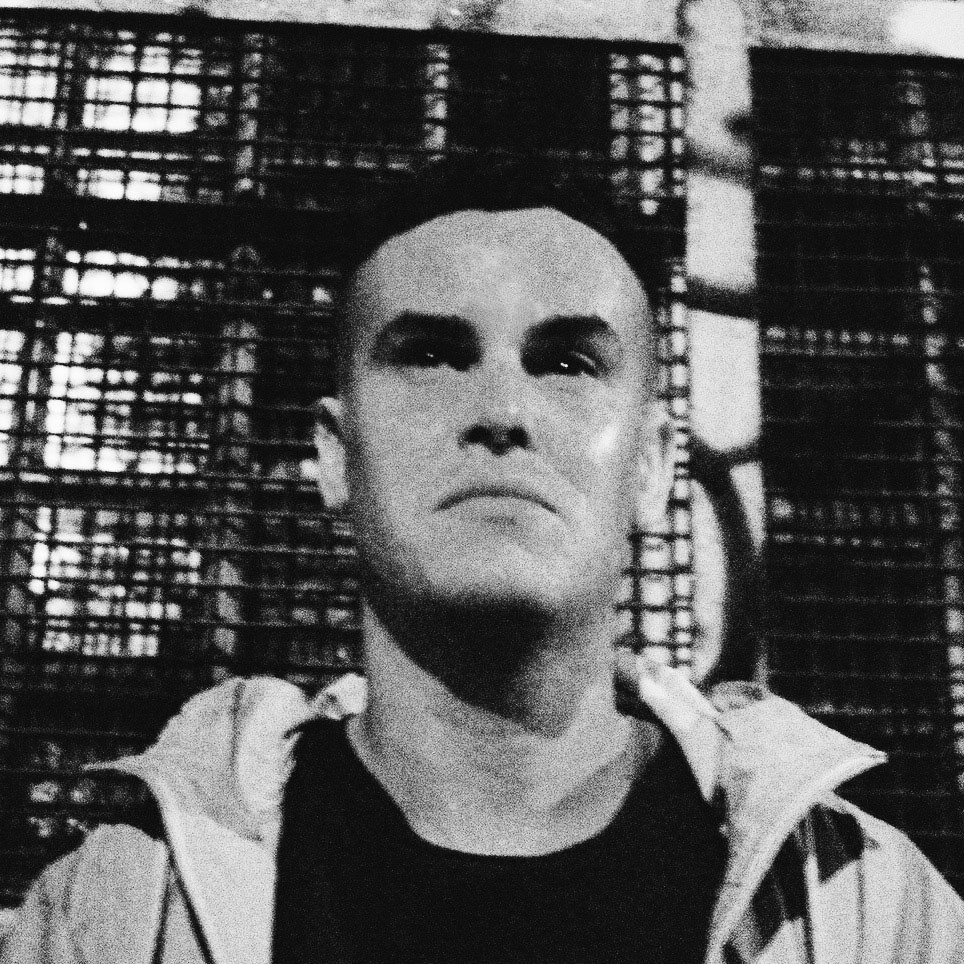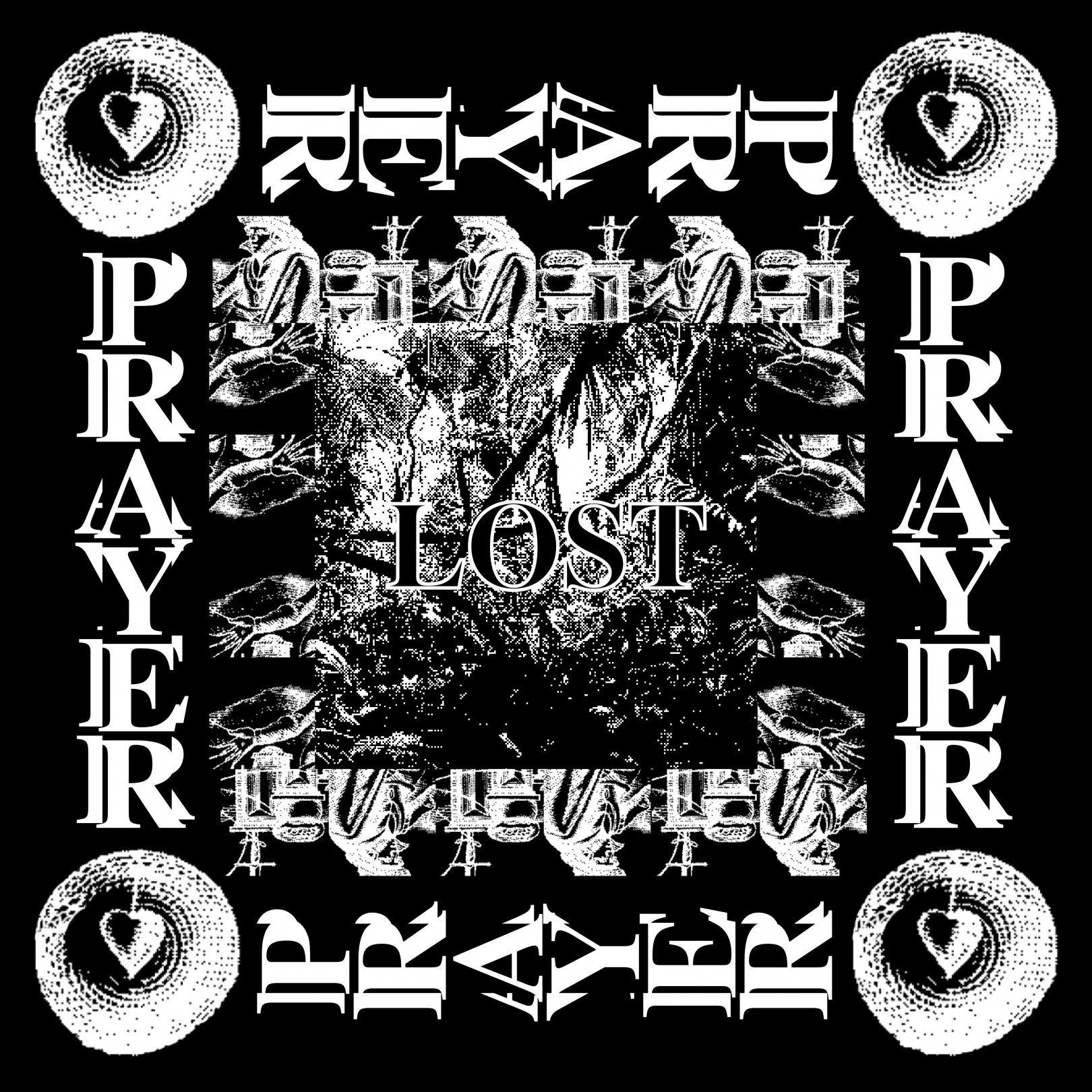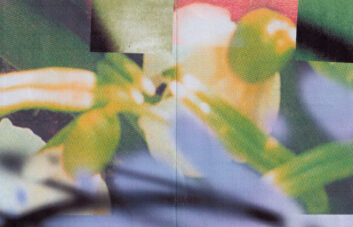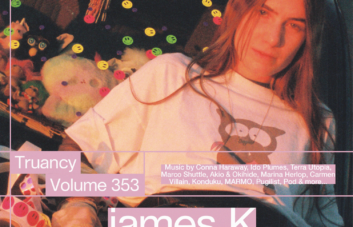Residing in London, Prayer is a classically trained pianist and composer who has caught the attention of many with his music that embodies a distinctive UK sound. With the help of his father, he gained an early insight into classical music which turned towards a keen interest into the darker sounds of the genre. Drawing on influences from the likes of Michael Nyman, Max Richter and Burial, he has been able to construct bodies of work which showcase his ability to merge sounds from opposite ends of a spectrum. In addition to his own music, Prayer forms part of the eight-member collective Grade 10, whose impressive work and diverse tastes are often shared via their own releases and shows on Radar Radio.
For Prayer’s latest project, the artist has set out to construct a concept that combines both the classical and electronic worlds. This has resulted in a four-part project titled LOST, which challenges the stereotypical views of how rigid one can be when creating classical music. The unity of these two worlds in LOST opens up a uniquely raw space in which classical music can be accessed. In association with Radar Radio, the Pickle Factory have invited Prayer to debut a live AV show on Wednesday 25th January for this project. With an impressive line-up alongside him including Joe Shakespeare, India Jordan, Forever (Grade 10) and a special guest, we caught up with the man himself ahead of the show.
What is your vision for how classical musical can develop in the future, in regards to being perceived as more than one separate entity? “I think what is needed is for there to be a continuous expansion on what is currently going on. It is such a diverse genre, especially in the 21st century in particular – there are so many different branches of it.”
How would you want people’s thoughts about classical music to change after listening to LOST specifically? “Classical music is such a loose term and when I first discovered Michael Nyman, I found that he presented something in his music that might make people think differently about it. So LOST is offering something to someone who might not have liked [classical music] before, maybe someone who might be interested in more dance-related elements of music. For example, the track “Without You” would give people, through the intensity of the different elements, something that is more accessible for that type of club culture. The overall purpose of this project was to expand more ways in which classical music can be viewed and I just want it to keep on diversifying it so that people’s interest can increase.”
You have mentioned how your approach was influenced by 20th century classical/ electroacoustic works where composers would “contrast harsh sounds with more pleasant sounding tones”. How were you able to strike a balance between these two forms of sounds? “The more pleasant-sounding tones always start as the basis of the song for me as that tends to be the composition idea in my head. Then I guess by simply setting out with the intention of writing a more intense type of music, the harsher sounds would naturally come in. I also think it is down to the way I play the piano as I’ve always been interested in pianists that compose in a harsher way and but still had something more beautiful in their music like Alban Berg for example, who composed 12-tone scale music atonally.”

Apart from focusing on forming a relationship between the classical and electronic worlds, what else were you thinking about with this project? “Well, that is quite a difficult one really because I sort of sit down and material tends to comes out of nowhere.”
So you simply created whatever came naturally to you at the time. “Yeah I think so, with music I never really know what’s coming next. If I ever try and sit down to make something that is moulded to one shape, it always comes out wrong.
“Actually another intention for my project, aside from the classical music element, was to showcase the variety of music I make from the more dance-related sounds to the compositional side, which I guess is kind of classical but it exemplifies the variety of things that I do write. I write a lot of music but I do not release rapidly, so with each project I like to expand more and more on my ideas and that’s where the classical theme for LOST came from; It helped push myself to bring out the compositional elements more, rather than sticking within one realm.”
What was the idea behind the artwork for LOST? “Greg (the designer in our Grade 10 collective) has done all of my artwork up until this day and all of the art for Grade 10. The idea that he came up with was for it to be quite intense and dark, something that can come across as instantly powerful. Even when you look at it initially, you cannot tell exactly what it is, which I like. It plays upon the viewer’s imagination for them to develop their own interpretation of the piece.”
For your live show at The Pickle Factory, what can the audience expect from your set? “They can expect me to explore all of the musical styles that I have done so far with additional visuals by Liam Healy and Joe Wilson. It is an hour long cinematic journey that will be loud and powerful, definitely building on those intense emotions evident in LOST.”
What more can your audience hope to see from you in regards to your own future releases, as well as upcoming projects for Grade 10? “Currently we have just put out a compilation tape which is called Now That’s What I Call Grade 10 Vol.2, as well as a tape by Loosewomen called Metro Heat, but on the horizon we have the next major project coming up which is a Kollaps album – and in fact our first Grade 10 album. Then personally for me, I am just trying to make more music, play more shows and further discover this theme I have created with LOST.”
LOST is available to buy now on Bandcamp.



